Welcome to the page of BROKEN LIVES, the research seminar of the Master in European Contemporary History for the years 2019-2021. The seminar aimed at showing, discussing and practicing the biographical method in history by studying the lives of people in conflictual times and their aftermath, which have characterised the 20th century. We have analysed different narrative strategies and formats of biographies and discussed their social functions and historical meanings based on theories and concepts deriving from the field of social psychology. We have examined and discussed various genres of sources that can be used to develop a biographical narrative in different formats (textual & audio-visual), confronting official documents and ego-documents and problematizing the relationship between fictional and factional storytelling.
In order to turn the theoretical insights into practice, we have dived into the histories of our own families, inspired by E.R. Carr’s advice: “Before you study the facts, study the historian”. Each student had to research the biography of one family member and to choose an adequate format to tell it. The pedagogical aim behind this approach was to experience and problematize the inherent tension between their scientific work as aspiring historians and their emotional ties to passed down family narratives. This tension between the ambition of historical research to “deconstruct” traditional myths and legends and the force of intergenerational construction of family narratives characterizes the delicate exercise of studying your own family history. Throughout the seminar, all students were in one way or another confronted with this problem, and instead of hiding this “dilemma” we asked them to explicitly reflect on it and to make this intellectual and emotional struggle part of their biographical essays.
On this website, you can discover some of their findings. You will see the extraordinary diversity of individual life stories revealing a part of Europe’s (and even America’s) past in the 20th century, including its relations with other regions of the world: stories of war and post-war experiences, migration, of personal defeats and successes. On this website, we invite you to explore the various formats that the students have been experimenting with in order to tell their biographies: storymaps, podcasts, journalistic features and video documentaries. No trace of classical academic presentations – enjoy!

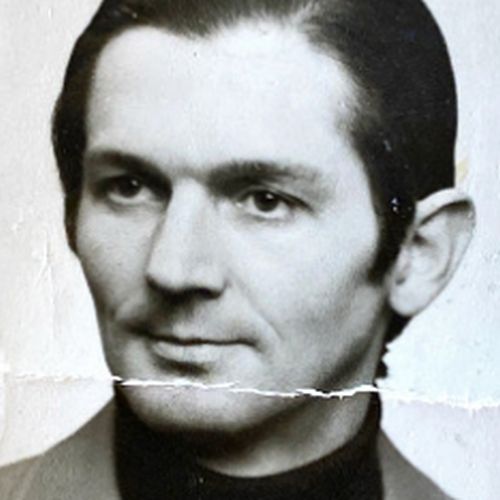
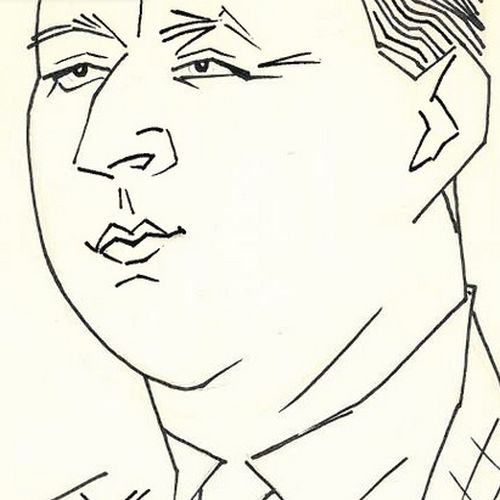



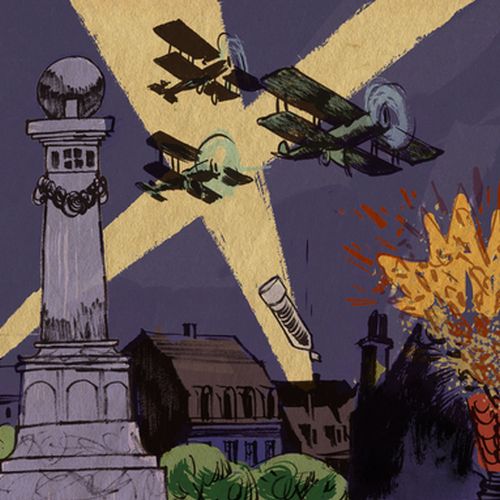
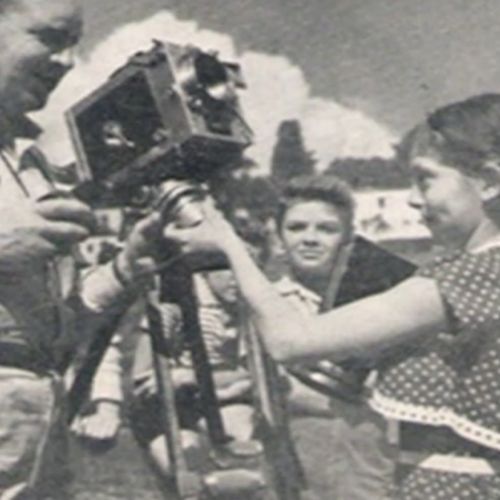
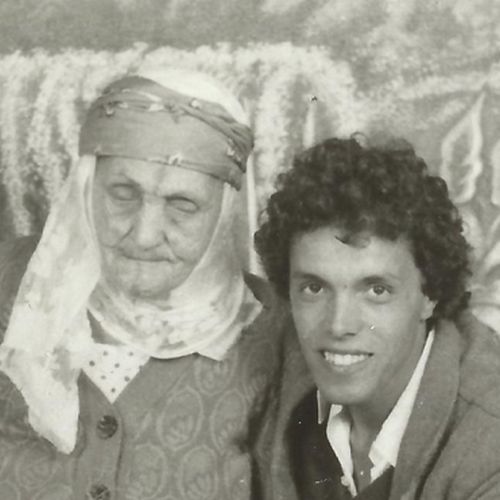
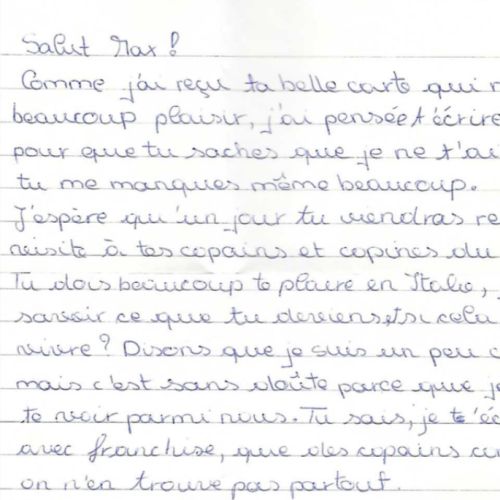
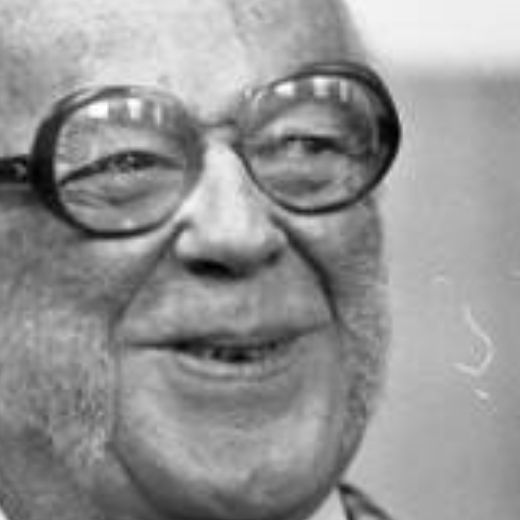
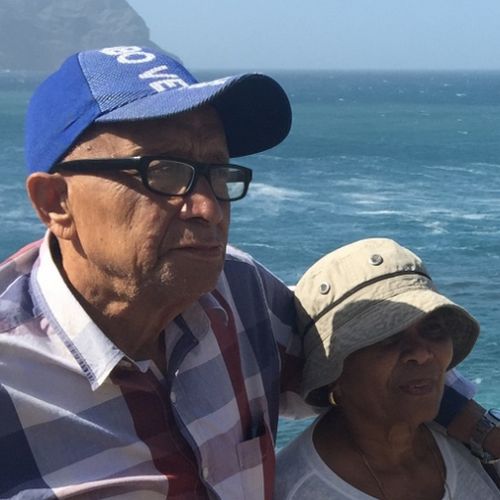
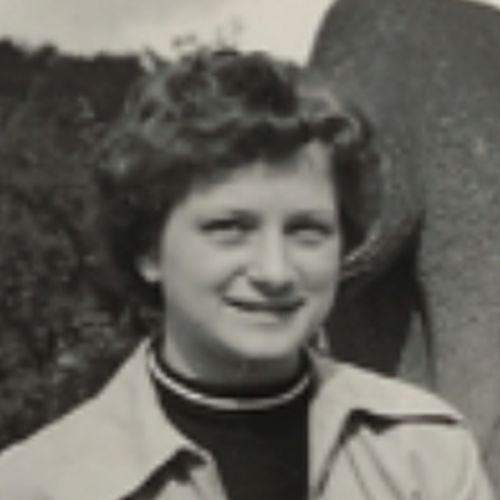
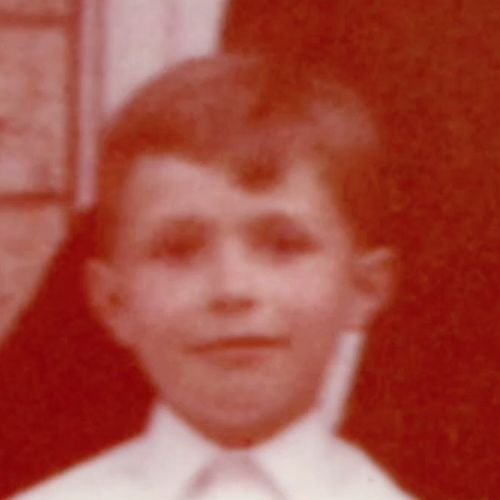
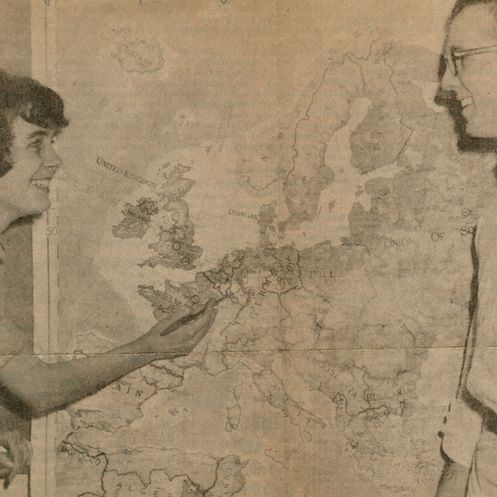
Christoph Brüll & Andreas Fickers (June 2021)
